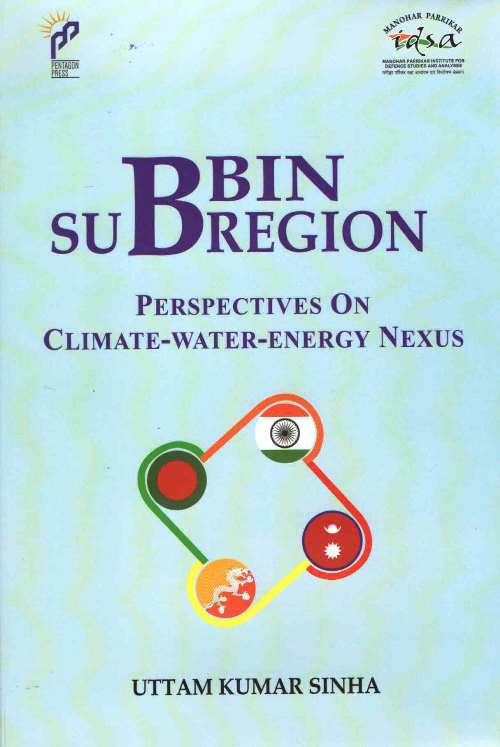34th Anniversary of Bangladesh Liberation – Cause for Concern
The 34th anniversary of the liberation of Dhaka and the creation of Bangladesh on December 16 is an occasion for concern and deep introspection about the nature of the internal turbulence in that country and the related implications for India.
It may be recalled that prior to December 16, 1971, what is now known as Bangladesh was East Pakistan and for almost 24 years from August 1947, the military leadership of Pakistan treated the eastern part of the country as a poor relative.
- C Uday Bhaskar
- December 14, 2005






